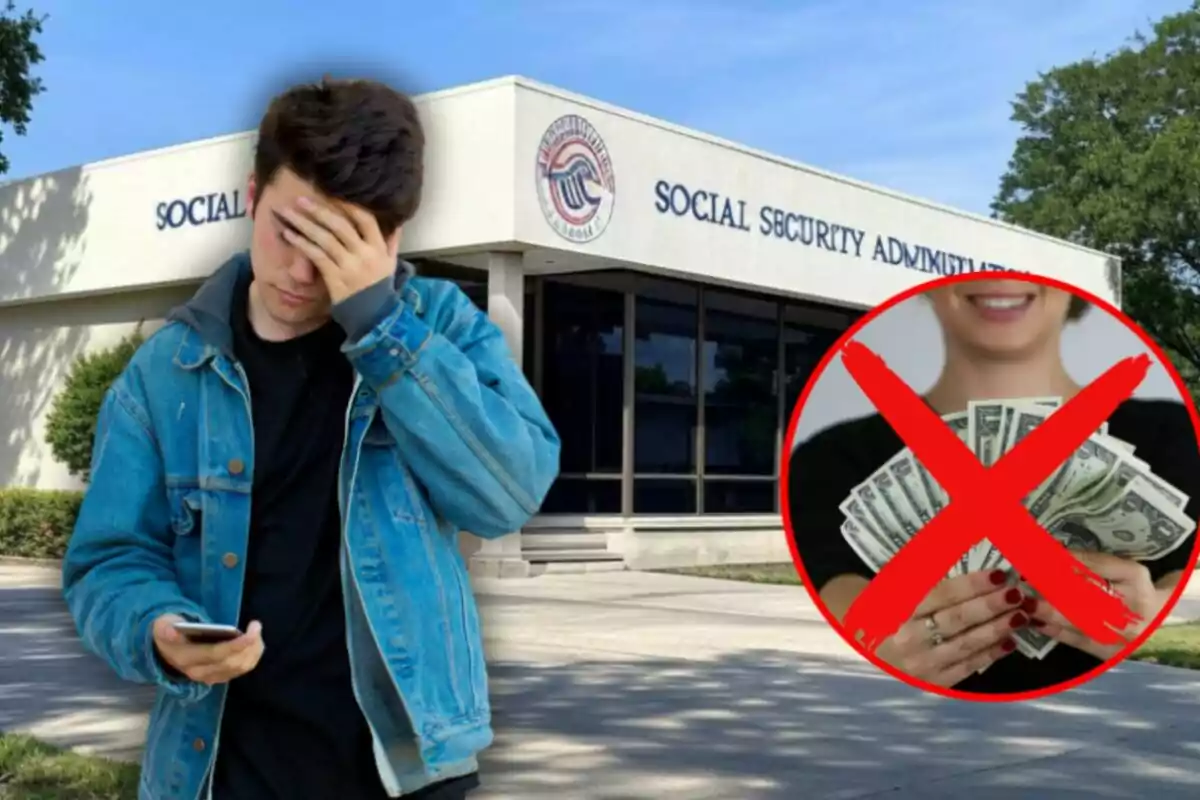
US Social Security warns: never do this or you'll get into trouble
Take note of the latest scam that hits SSA hard: many Americans have already suffered from it, be careful
The Social Security Administration (SSA) and the Internal Revenue Service (IRS) of the United States have issued an urgent notice. If you receive an SMS or email promising to help you get a tax refund, beware! You could be facing a dangerous scam aiming to steal your personal information and drain your accounts.
SSA doesn't want more upsets: be very careful with this fraud in the United States, danger
Criminals pose as the IRS or the SSA and send messages that appear to be official. These messages can arrive via SMS, email, or even social media. They often include phrases like "automatic tax refund reminder" or "verify your electronic refund summary."

By clicking on the provided links, you could be redirected to fake sites that mimic the IRS, where they request confidential information such as your Social Security number, bank details, or login credentials.
In some cases, scammers send physical letters with forged IRS logos, claiming you have an unclaimed refund. These letters may request that you send photos of your ID or banking information, all with the aim of committing fraud.
What should you never do? SSA warns you
If you receive a suspicious message, never click on links or download attachments. Do not respond to the message or provide personal or financial information. The IRS and the SSA never initiate contact with taxpayers via email, text message, or social media to request confidential information.

The SSA and the IRS have detected a significant increase in scams seeking to steal identities and commit financial fraud. These scams not only affect your wallet but can also have legal consequences if your data is used for illicit activities.
Steps to follow if you receive a suspicious message
Do not interact with the message: do not click on links or download files. Do not provide personal information: never share your Social Security number, bank details, or passwords.
Report the scam, send the suspicious message to the IRS via phishing@irs.gov and report scams related to the SSA at oig.ssa.gov/espanol. Protect your information: if you believe you have been a victim, contact credit agencies to place fraud alerts and consider changing your passwords.
Share this information, inform family and friends to prevent them from falling into these traps. Consult official sources: to verify the status of your refund, visit the official IRS site. Remember, the best defense against fraud is prevention, stay informed and alert to any suspicious communication.
More posts: